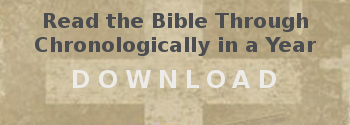“…Where, O death, is your victory? Where, O death, is your sting?” (1 Cor 15:55)
Man has been described as being either death accepting (death is meaningless), death denying (death is unthinkable) and death defying (death is certain but it is not the end of the story).
A death defying culture belongs primarily to a Christian world view. Death occurs in the midst of life. It is an enemy, but one that is ultimately defeated through Jesus.
Death in this culture has rituals which include being gathered to your people in the hope of resurrection as typified in the Old Testament and in the sad but hopeful public gathering of family in the home around a death bed.
When people move away from the hope of the gospel they usually enter in to a death denying culture. Here, death is not spoken of if it can be avoided. This has been the culture of the west during the last century.
People in this culture don’t like to be around the dying and so the dying are increasingly isolated through hospitalisation, etc., and die alone.
The funeral is marked, not by rituals which draw attention to death and the fragility of life, but by eulogies about the good old days.
A death denying culture craves youth and beauty, those things most closely associated with an abundant life.
We are at the tail end of such a culture in the west and are moving at a fair rate of knots toward the last of these societies; a death accepting society.
Here, man becomes numb to death. The assisted termination of life – whether at its beginning or end – no longer raises an eyebrow. Suicide becomes a part of the scenery and dignity is abandoned.
This was very much the case in the last days of the Roman Empire. Epitaphs of this era typically said things like, “I was not, I am not, I care not.”
In to such a world, the Gospel offers the only coherent and satisfying solution to death. Yes, death is our enemy. But it is one that has been defeated.
We don’t like it, and so, we are looking to Jesus who has promised to defy it.



Leave a Reply